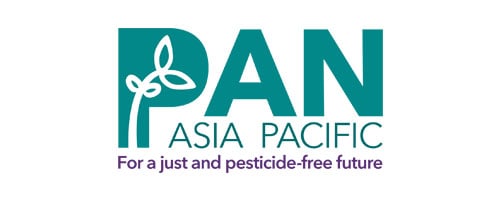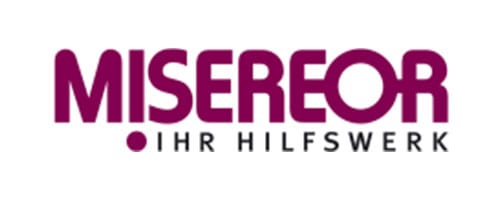APEX Process
agroecology
people-led development
campaigns and advocacy
Civil society organizations, people’s organizations and their coalitions or networks at the national, regional or international levels are invited to be part of APEX by participating in a series of trainings, workshops and learning exchanges. These are built around APEX’s three main areas of work – (1) agroecology; (2) people-led development; and (3) campaigns and advocacy – each reinforcing one another with food sovereignty as the overarching theme. Groups can participate in one or all of these areas of work.
APEX seeks to be responsive to the priority issues and concerns of the participating groups, especially in the light of the COVID-19 pandemic. To do this, consultations are held at various levels, including bilateral or multilateral and national or sub-regional. These consultations aim to further develop the content and direction of APEX as a platform. Sub-regional consultations will begin the process and end with a regional conference at the end of three years.
Given the restrictions on public travel and meetings due to COVID-19, the initial activities of APEX are carried out mainly through online consultations. Physical meetings will be held as soon as the situation allows.
From RLEP to APEX
Sharing, Learning, and Action towards Food Sovereignty for All
The Asian People’s Exchange for Food Sovereignty and Agroecology or APEX is an exchange platform that aims to strengthen the capacities of people’s movements in Asia to help achieve food sovereignty through agroecology, people-led development strategies and approaches, and advocacy for policy reforms and building people’s movements.
In the recently-concluded Regional Learning and Exchange Platform (RLEP) for Facilitating Change Processes towards Food Sovereignty in Asia, which ran from July 2016 to July 2019, the focus was to build the capacities of NGO staff in stimulating and promoting greater participation and empowerment of communities, and in facilitating processes towards people’s leadership in community-based initiatives that primarily utilize local resources.
In the form of week-long workshops twice a year from 2017 to 2019, RLEP gathered participants representing 12 groups in Southeast Asia and 10 groups in South Asia and immersed them in facilitation skills and tools. Through these activities, the RLEP participants also tackled different food sovereignty issues and conducted meaningful exchanges with farming communities. These workshops were crucial in the learning of the change facilitators in facilitating discussions in their respective communities and areas of work. The heart of the change process is the Action-Reflection-Action (ARA) and Participatory Action Research (PAR), where reflections on specific and mutual experiences became the basis for the next plans of action.
It is in this framework of learning and exchange that PAN Asia Pacific (PANAP), MASIPAG and MISEREOR are now working together as a consortium, moving the RLEP processes forward into a wider, more open platform as APEX. While not a formal alliance or network, APEX as a platform provides a venue to exchange experiences, learnings and insights on how Asian peoples advance food sovereignty. It creates opportunities for sharing and learning on agroecological practices and on people-led development in the region. It also facilitates the process of building solidarity for campaigns and advocacy on food and related policies both at the national and regional levels.
The basic idea behind APEX is that people’s organizations and networks in Asia have rich and varied experiences in the promotion and practice of and campaigning for food sovereignty. APEX thus aims to harness all these in a systematic manner through an exchange platform. It does not intend to replace existing initiatives, whether national or regional. Instead, APEX aims to build on them by providing a venue where they can be shared, learned from and further promoted.
APEX Secretariat
A Secretariat jointly run by PANAP and MASIPAG, and supported by MISEREOR, is overseeing APEX and its activities.



PANAP is an institution dedicated to the elimination of harm upon humans and the environment by pesticide use and the promotion of biodiversity-based ecological agriculture. Its vision is a society that is truly democratic and culturally diverse, based on social and gender justice, fair distribution of productive resources and environmental safety and sustainability.
MASIPAG is a farmer-led network of people’s organizations, non-government organizations (NGOs) and scientists working towards the sustainable use and management of biodiversity through farmers’ control of genetic and biological resources, agricultural production and associated knowledge.
MISEREOR is the German Catholic Bishops’ Organization for Development Cooperation. For over 50 years, MISEREOR has been committed to fighting poverty in Africa, Asia and Latin America.





